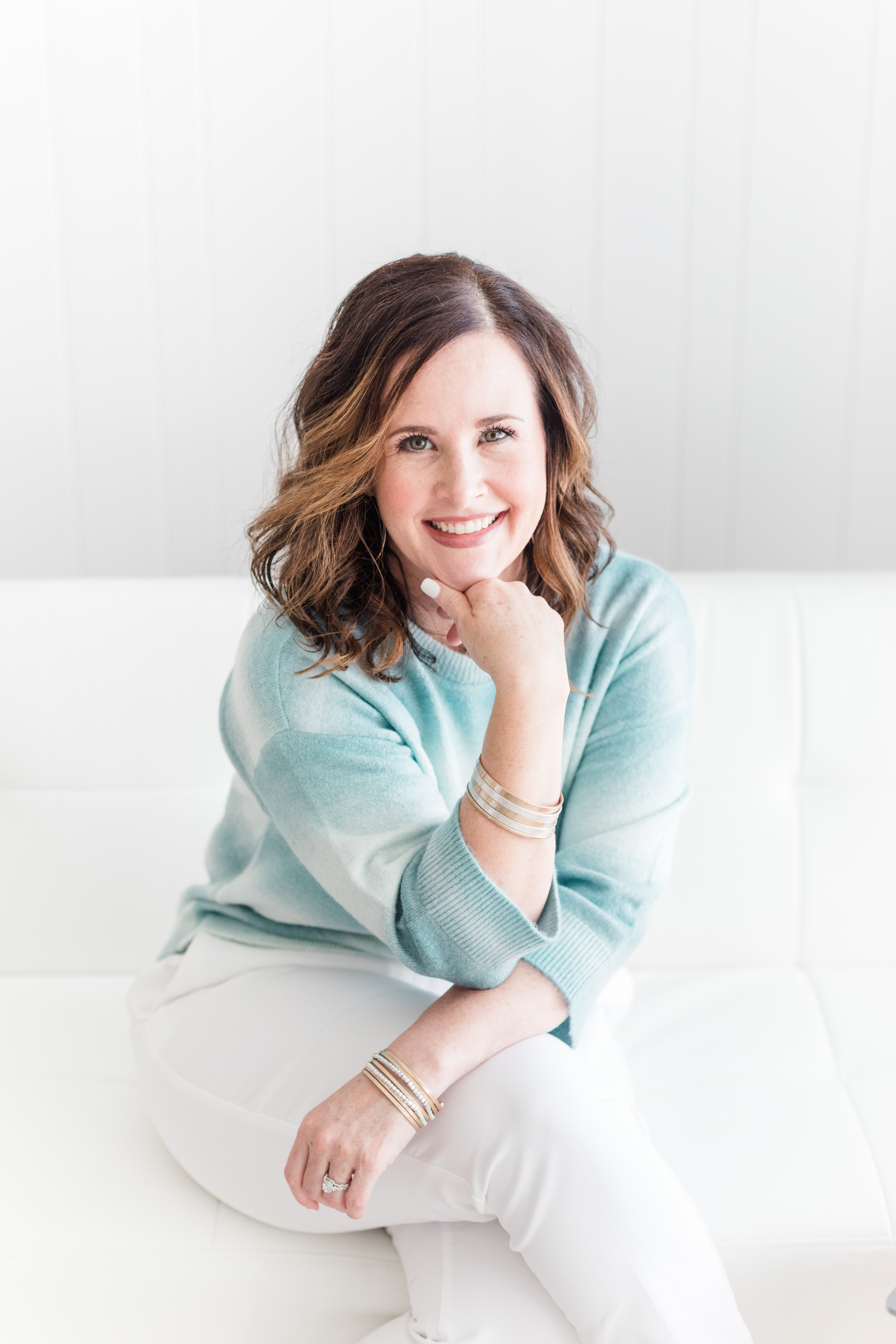HOW DO I BECOME A FORENSIC ACCOUNTANT?
- Jennica Moore, PhD, MBA, CPA, CFE

- Jun 1, 2021
- 3 min read
Updated: Nov 30, 2021
This question comes up a lot, especially from my former students. The answer is…it depends. I wish there was a magical formula I could give you on how to become a forensic accountant, but there isn’t any straight path. However, I will share with you my story and then show you a few other ways to achieve this goal.
The truth is my journey has been non-traditional in every sense of the word. I got married and started a family at 19. After my daughter was born, I went back to college - mostly at night while working full-time. My parents let us live with them so I could finish my last few semesters during the day. I took 21 hours my last semester – I do not recommend doing that! However, I did what I needed to do to reach my goal of getting a college degree.
At 23, I obtained an undergraduate degree in Finance, and I worked in banking and as a financial representative for a life insurance company. In addition to some random jobs like college admission’s counselor, I ran a daycare, taught in the pre-k program, and worked as a recruiter. Once both of my kids were in school, at 30, I went back to graduate school (at night and online while working full-time) and finished my MBA in Accounting. My goal, at that time, was to become a CPA. After I graduated, I started working at a CPA firm to get the required experience to become a CPA. Let’s just say the long hours and dog eat dog culture were not conducive to the life of a MOM. I left the CPA firm to go work as a Director of Finance and later a Chief Financial Officer.
At 34, I started taking part-time PhD classes to get enough hours to teach part-time as an adjunct. I fell in love with teaching and started teaching full-time. After finishing my PhD dissertation at 40, I became a Certified Fraud Examiner and then finally became a CPA at 43. BTW…I started and stopped the CPA process several times for 10 years. Lesson – don’t give up on your dreams!
After becoming a CFE, I worked as a contract forensic accountant to gain experience in this field. I opened my own CPA firm in October 2020. We specialize in forensic accounting, and I love it!! I am currently working on becoming a CFF (Certified in Financial Forensics), which is an add-on certification to the CPA license. I am proud to say I have 3 degrees and 2 certifications. As you can probably tell, education is one of my highest values, so I keep learning and growing. You should, too!
The traditional path looks like someone getting an accounting undergraduate degree and working as an auditor at a CPA firm. Then, they may get a Master’s degree in Accountancy or in Forensic Accounting, become a CPA, and then go to work for a forensic accounting firm. Another option would be to get an accounting degree and go to work for the FBI or other government agency. They love to hire accounting majors!
The bottom line is I made my own path, and you should, too. If you know where you want to end up, just start trying different jobs to see if you like them. You don’t have to stay there if you don’t like it. Every job I had showed me what I DID NOT want to do for a living. In my opinion, that is just as valuable information as knowing what you DO want to do.
My best advice is to get a college degree and start working in the accounting industry. Also, you can go to the ACFE’s website www.acfe.com to learn the education and experience requirements required to become a Certified Fraud Examiner. Finally, don’t forget to enjoy the journey. As a highly driven person, I have to frequently remind myself to slow down and enjoy where I am right now. Don't be afraid to try something new or change your career direction. I changed my college major at least 10 times, and I changed careers several times. It is okay to change your mind! Just keep moving forward.







Comments